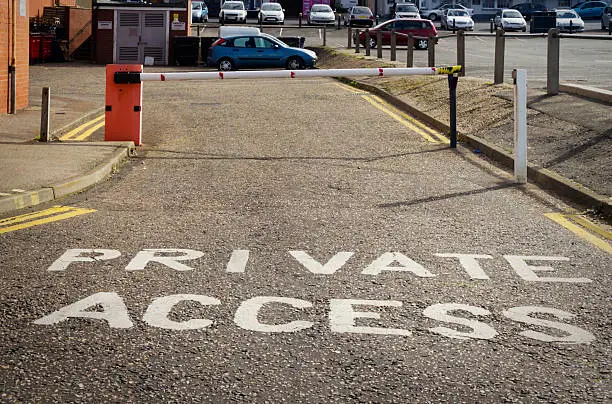Understanding Common Probate Court Disputes and Resolutions
Probate court disputes often arise from disagreements among heirs, questions about the validity of a will, or challenges related to the management of the estate. Understanding these common disputes is essential for executors and beneficiaries alike, as it can significantly impact the probate process and the distribution of assets.
For instance, disputes may occur over the interpretation of a will's provisions or claims against the estate by creditors. Executors must be prepared to address these issues, often requiring legal representation to navigate the complexities of probate court and ensure that the estate is administered according to the law and the decedent's wishes.
Essential Probate Document Checklist for Executors
Executors play a crucial role in the probate process, and having a comprehensive checklist of essential documents is vital for efficient estate management. This checklist typically includes the will, death certificate, inventory of estate assets, and documents related to debts and taxes.
By organizing these documents, executors can streamline the probate process, ensuring compliance with legal requirements and facilitating timely distribution of assets to beneficiaries. Additionally, maintaining accurate records can help mitigate potential disputes and provide transparency throughout the probate proceedings.
Intestate Inheritance Rights Explained: What You Need to Know
When a person dies without a valid will, they are considered to have died intestate, and their estate is distributed according to state laws. Understanding intestate inheritance rights is crucial for potential heirs, as it determines how assets are allocated among family members.
In Texas, intestate succession laws prioritize spouses and children, followed by parents and siblings. Heirs must be aware of their rights and the legal implications of intestacy, as this knowledge can help them navigate the probate process and protect their interests in the estate.
Understanding Functions of Probate Court in Hearings
Probate court serves several essential functions during hearings, including validating wills, appointing executors, and resolving disputes among heirs. Understanding these functions can help individuals involved in the probate process navigate court proceedings more effectively.
For example, during a hearing, the court may review evidence related to the validity of a will or hear arguments regarding the appointment of an executor. Knowledge of how probate court operates can empower executors and beneficiaries to advocate for their rights and interests within the legal framework.
Understanding Common Probate Court Disputes and Resolutions
Probate court disputes often arise from disagreements among heirs, questions about the validity of a will, or challenges related to the management of the estate. Understanding these common disputes is essential for executors and beneficiaries alike, as it can significantly impact the probate process and the distribution of assets.
For instance, disputes may occur over the interpretation of a will's provisions or claims against the estate by creditors. Executors must be prepared to address these issues, often requiring legal representation to navigate the complexities of probate court and ensure that the estate is administered according to the law and the decedent's wishes.
Essential Probate Document Checklist for Executors
Executors play a crucial role in the probate process, and having a comprehensive checklist of essential documents is vital for efficient estate management. This checklist typically includes the will, death certificate, inventory of estate assets, and documents related to debts and taxes.
By organizing these documents, executors can streamline the probate process, ensuring compliance with legal requirements and facilitating timely distribution of assets to beneficiaries. Additionally, maintaining accurate records can help mitigate potential disputes and provide transparency throughout the probate proceedings.
Intestate Inheritance Rights Explained: What You Need to Know
When a person dies without a valid will, they are considered to have died intestate, and their estate is distributed according to state laws. Understanding intestate inheritance rights is crucial for potential heirs, as it determines how assets are allocated among family members.
In Texas, intestate succession laws prioritize spouses and children, followed by parents and siblings. Heirs must be aware of their rights and the legal implications of intestacy, as this knowledge can help them navigate the probate process and protect their interests in the estate.
Understanding Functions of Probate Court in Hearings
Probate court serves several essential functions during hearings, including validating wills, appointing executors, and resolving disputes among heirs. Understanding these functions can help individuals involved in the probate process navigate court proceedings more effectively.
For example, during a hearing, the court may review evidence related to the validity of a will or hear arguments regarding the appointment of an executor. Knowledge of how probate court operates can empower executors and beneficiaries to advocate for their rights and interests within the legal framework.









